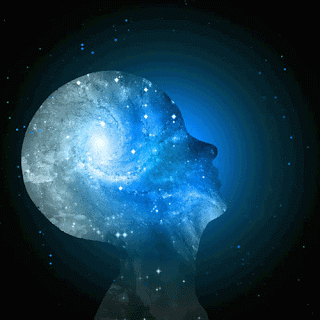| Online: | |
| Visits: | |
| Stories: |
The Question of Consciousness
by Brendan D. Murphy
Wake Up World
Etymologically, the word consciousness derives from the words scire (to know) and cum or con (with). Consciousness is “to know with.” So if you, the persona, cognize (to know or be aware of), who are you cognizing with? Is there more to consciousness than the Freudian ego and unconscious?
Mathematical physicist Roger Penrose has written:
“A scientific world-view which does not profoundly come to terms with the problem of conscious minds can have no serious pretensions of [sic] completeness… I would maintain that there is yet no physical, biological, or computational theory that comes very close to explaining our consciousness or intelligence.”[i]
Indeed, in the past (and even today?) some scientists had taken the absurd position that consciousness is an illusion. This, while providing a nonsensical reason to ignore the problem of consciousness, obviously fails to sate the curious inquirer’s queries regarding how we got here and what we are doing here as conscious beings. Since the dawning of the Age of Reason in the 1700s, materialistic philosophy as we know it—derived from the mechanistic worldview—has steadfastly maintained that what we call experience arises solely as a by-product of the brain’s internal workings. No brain, no consciousness.
But is it really that simple? What about functions of consciousness that appear to transcend the cranial boundaries of our heads?
The Age of Reason said that these forces had only ever existed in man’s imagination; only reason could show man the truth about the universe. “The trouble was,” according to Colin Wilson, “that man became a thinking pygmy, and the world of the rationalists was a daylight place in which boredom, triviality and ordinariness were ultimate truths.”[ii]
Read more »
Every Day is Earth Day
Source: http://www.riseearth.com/2015/05/the-question-of-consciousness.html





